Last month when we celebrated Purim, our thoughts turned to “tzedakah” — giving to the poor — one of the traditions associated with the holiday, but how should we carry that sentiment with us throughout the rest of the year?
To begin to answer that question, let’s look at where the concept comes from. Some of you may be familiar with the term “tithing,” which is a biblical concept. Once upon a time most of the world’s population was farmers. They didn’t have money like we do today. Currency was different then. Currency was the food we grew and the food we saved. The storage of food, one could argue, was the backbone of civilization. But the Bible comes along a few thousand years after the farming revolution and gives a unique message. It says, “There are poor people among you. You must support them.” And now a fundamental precept of every religion is the support of the most vulnerable in society. You’ll find this in the teachings of Christianity, Islam, and many others. We take care of the poor. How? Back then it was through tithing. What is tithing? Leaving a 10th of your crop on the field for the poor to come and take it.
This has a few implications. It wasn’t giving anyone a literal handout; it was leaving a portion of the crop for the poor to harvest. They kept their dignity and didn’t have to gather in a public place to get their rations. It was just known that a 10th of the food grown that year would be left on the field for those who need it.
What has this meant over the course of Jewish history? We are “required” to give a 10th of our livelihood to the poor. How is that different from taxes? Taxes are mandatory. The 10% is a voluntary requirement. You have to give at least 10% as a result of your own heart’s desire.
Now – back to real life: ten percent is a lot. Many families take care of their loved ones, and ten percent of their yearly salary towards tzedakah can be a lot for them. Many of us enjoy giving to a variety of causes in our lives, but I consider the 10% requirement to be aspirational. Luckily for me, giving 10%, in my opinion, does not have to mean only money. It can be time. It can be volunteering. It can be a fundamental approach to life and to helping people.
So I want to leave you with a challenge and a blessing. The challenge is to imagine what 10% could mean for you. What is your tithe? And how can we orient ourselves, and our loved ones, to feel and truly believe that the more we give, the better off we are.
By Rabbi Ezra Weinberg, Youth & Family Department

